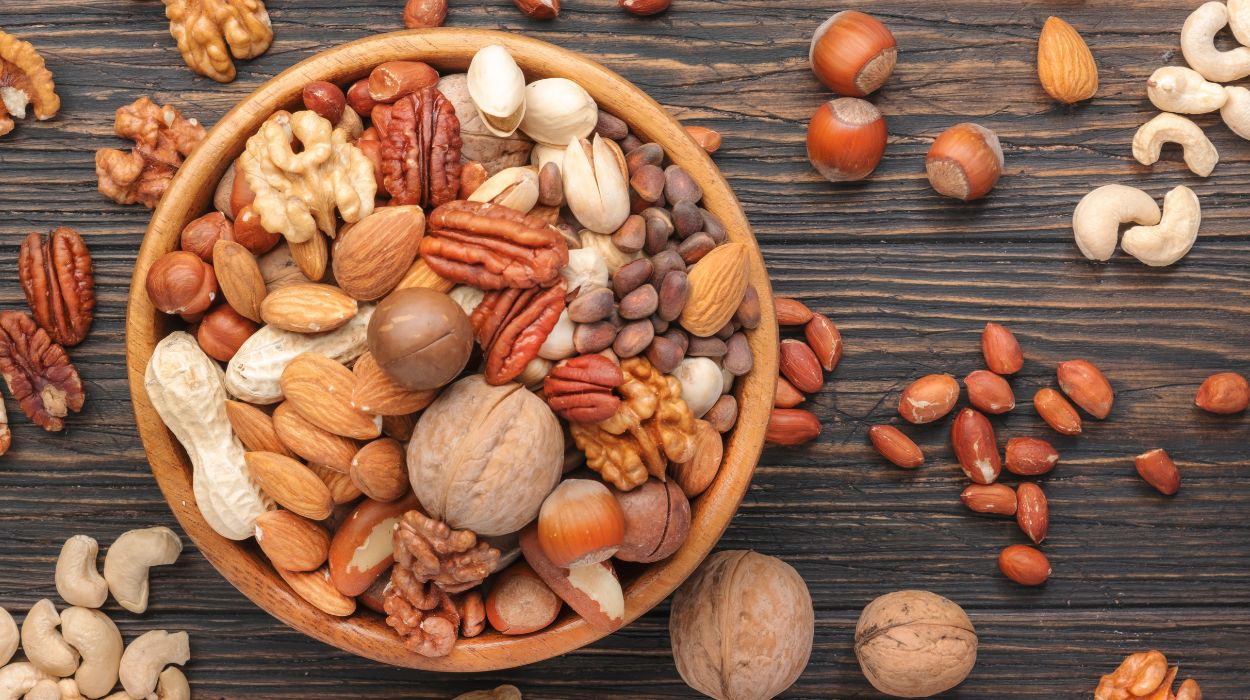EASY STEPS
Products
FROM BOTTLE NIPPLES TO BAKED GOODS: IS SILICONE SAFE?
The FDA says that silicone won’t react with other materials or release hazardous compounds. However — studies suggest these assertions are premature … More ›
PUT THESE NONTOXIC ESSENTIAL INGREDIENTS IN YOUR CUPBOARD!
Cleaning with common nontoxic household staples is cheaper, simpler, and a whole lot safer … More ›
PRACTICE SAFER SUNSCREENING
Find a safe and healthy sunscreen for you and your kids by choosing products made with zinc and titanium, two non-toxic minerals … More ›
CHOOSE ORGANIC COTTON FOR CLEANER, ECO-FRIENDLY CLOTHING
Conventional cotton – what most kids’ clothing is made of – is considered the world’s dirtiest crop … More ›
CLEANERS: TRY ALTERNATIVES TO CONVENTIONAL DRY CLEANING
The most widely used chemical in traditional dry cleaning, perchlorethylene (perc), causes cancer in lab animals, and is a likely human carcinogen … More ›
GREEN SPRING CLEANING: DIY RECIPES FOR NATURAL CLEANERS
Green cleaners made with common natural, non-toxic ingredients are safer and cheaper! Here are some recipes for green and healthier housekeeping … More ›
SKIP THE TURPENTINE PAINT THINNER
Turpentine is a hazardous because it is a volatile organic compound (VOC), which means it readily forms inhalable vapors at room temperature … More ›
AVOID ALKYLPHENOL ETHOXYLATES (APES) IN CLEANING PRODUCTS AND MORE!
Many APE surfacants are a concern because they have been shown to mimic estrogen and are strongly suspected of causing endocrine disruption … More ›
USE SAFER PERSONAL CARE PRODUCTS DURING PREGNANCY
Not even the potions and lotions made specifically for expectant moms—belly creams and the like—are guaranteed to be free of questionable ingredients … More ›
DON’T USE FOODS OR PRODUCTS MADE WITH COAL TAR DYES
Avoid products made with coal tar dyes. Instead, opt for natural dyes. There’s evidence that artificial colors may increase hyperactivity or ADHD … More ›
+ Sources
Health Canal avoids using tertiary references. We have strict sourcing guidelines and rely on peer-reviewed studies, academic researches from medical associations and institutions. To ensure the accuracy of articles in Health Canal, you can read more about the editorial process here












